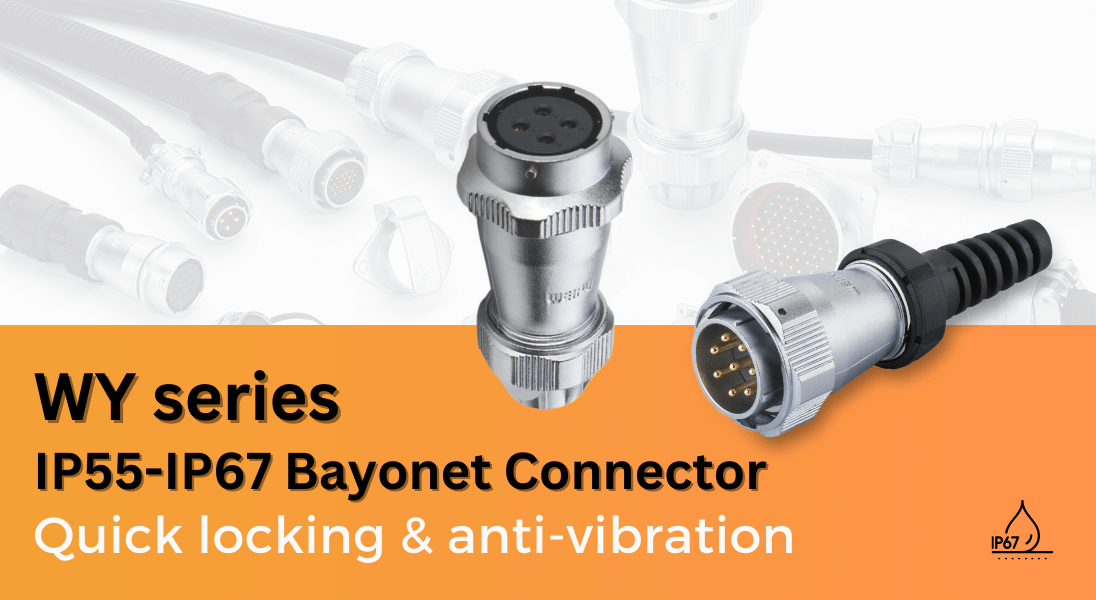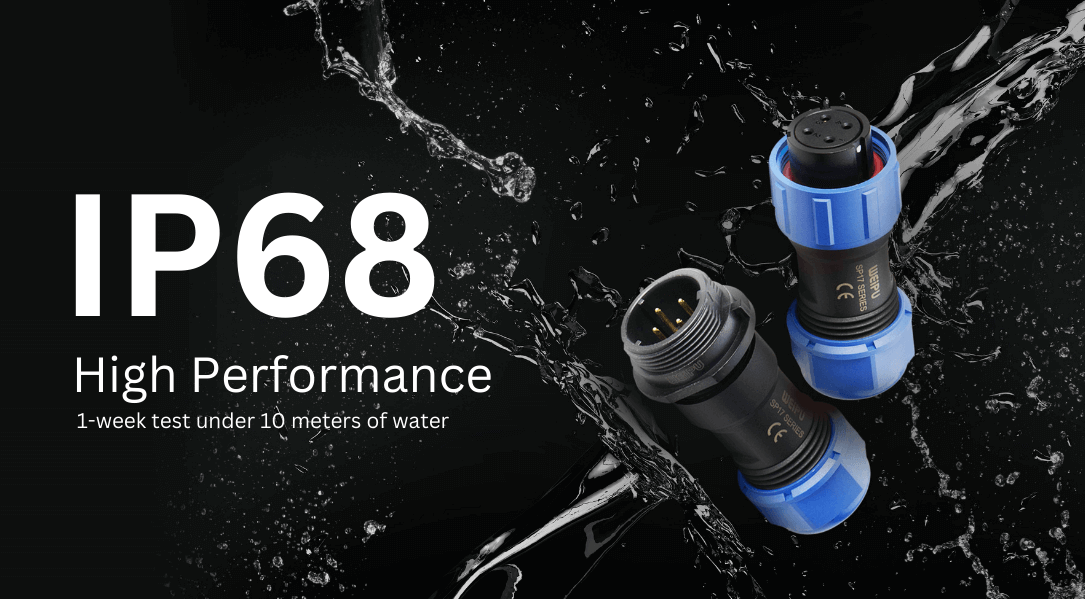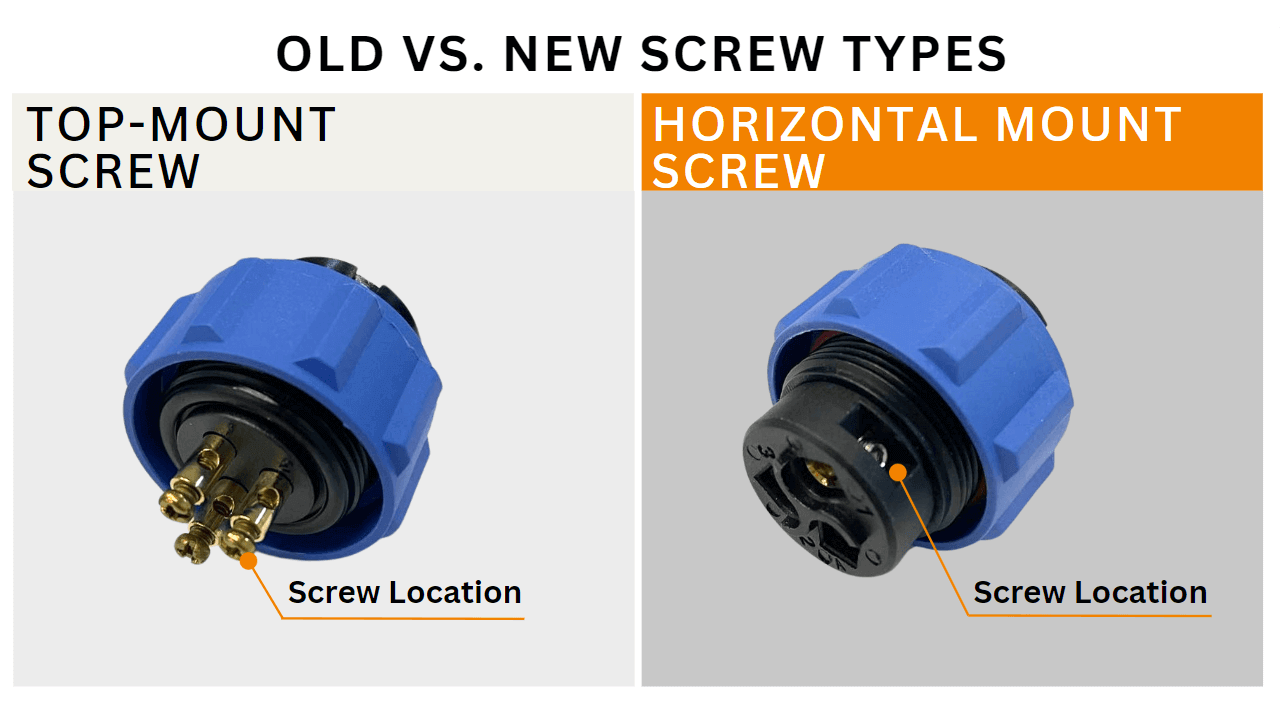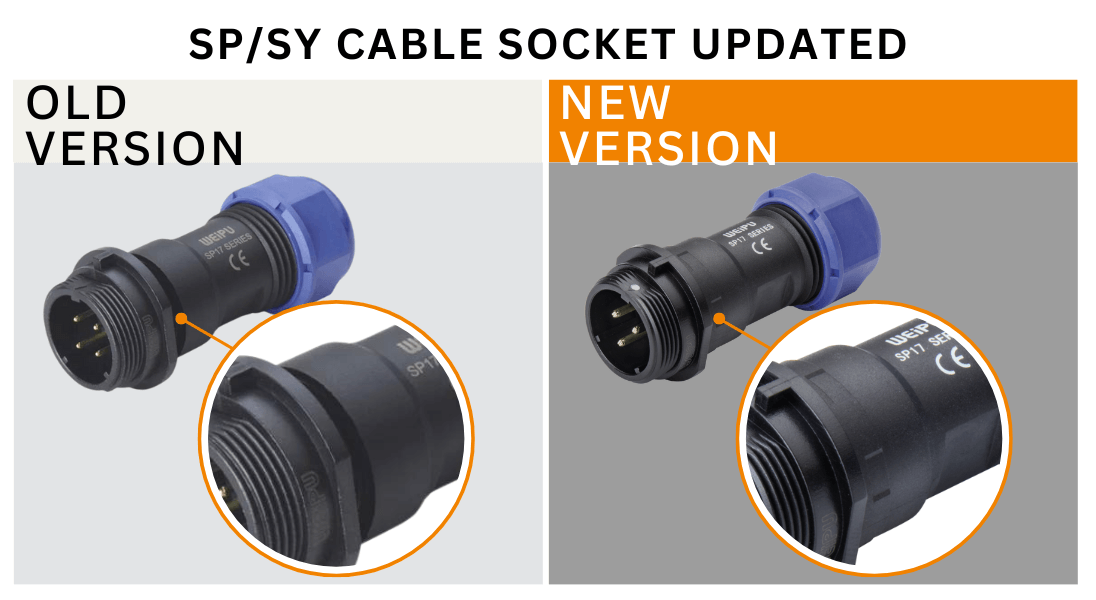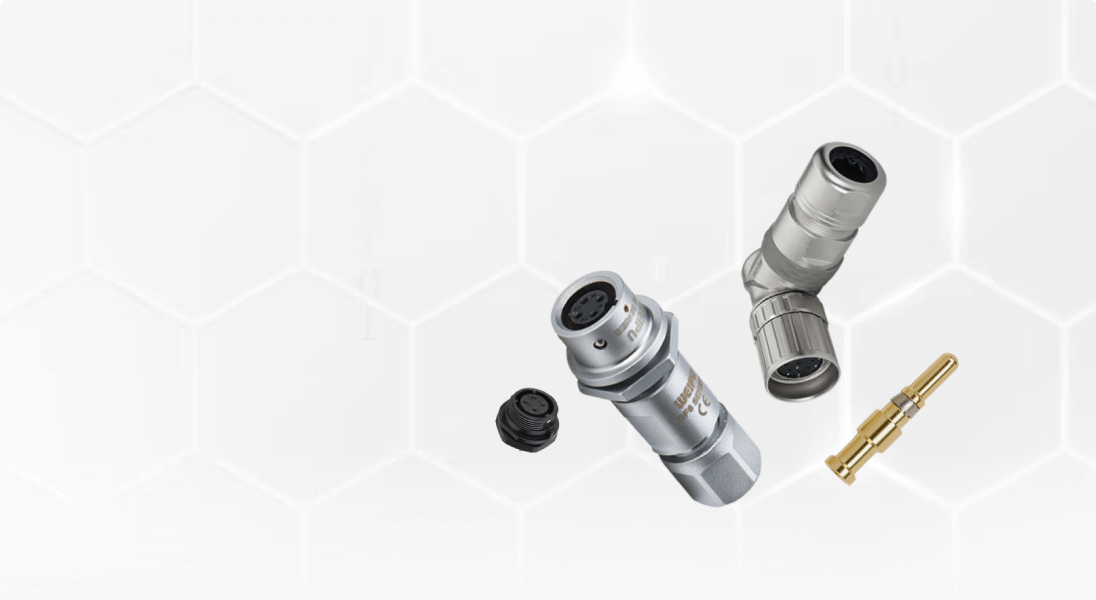News & Event
Technical Articles
2024.08.06
Protecting Electronics from Moisture and Humidity: Key Insights
In the world of electronics, ensuring durability and reliability in harsh environments is a significant challenge. Moisture and humidity are two of the most detrimental factors that can compromise the performance and longevity of electronic components. Understanding the impacts of these elements and how to protect against them is essential for designing robust electronic systems. This article explores the key insights into protecting electronics from moisture and humidity, with a focus on the role of high-quality connectors and associated cable assembly services.
Corrosion of Electronic Components
One of the primary impacts of moisture and humidity on electronics is corrosion. When moisture comes into contact with metal surfaces, it can lead to oxidation and rusting. This corrosion degrades the integrity of the metal, causing poor conductivity and potential failure of electronic components. To mitigate this, it is crucial to use connectors with high-grade, corrosion-resistant materials such as stainless steel or gold plating. Additionally, ensuring proper sealing with up to IP68 protection rating can significantly reduce the risk of moisture ingress.
Short Circuits and Electrical Failures
Moisture can create conductive paths on electronic boards, leading to short circuits and electrical failures. This is particularly problematic in environments with fluctuating humidity levels, where condensation can form on components. Utilizing sealed connectors and overmolding techniques can provide a barrier against moisture, preventing it from reaching sensitive areas.
Degradation of Insulation Materials
Humidity can cause the degradation of insulation materials used in electronic components and cables. This degradation can lead to reduced insulation resistance, increasing the likelihood of electrical leakage and failures. Choosing connectors and cables with high-quality, moisture-resistant insulation materials is vital.
Impaired Signal Transmission
High humidity levels can affect signal transmission in electronic systems. Moisture can interfere with the dielectric properties of insulation materials, leading to signal attenuation and increased noise levels. This is especially critical for applications requiring precise data transmission, such as in sensors and control systems. To combat this, it is essential to use connectors and cables designed for stable signal transmission in humid environments.
Accelerated Wear and Tear
Moisture and humidity can accelerate the wear and tear of electronic components, reducing their operational lifespan. Components exposed to moisture are more likely to experience mechanical and electrical failures over time. Implementing robust, moisture-proof connectors and protective overmolding can enhance the durability of electronic systems.
Choosing WEIPU for Comprehensive Moisture Protection
At WEIPU, we understand the critical role that connectors play in protecting electronic systems from moisture and humidity. Our extensive range of waterproof connectors, combined with our cable assembly and overmolding services, provides a complete solution for ensuring the durability and reliability of your electronics in harsh environments. Our connectors are designed to withstand extreme conditions, offering features such as:
- IP68 Protection: Ensures complete sealing against dust and water ingress.
- Corrosion-Resistant Materials: Prevents oxidation and rust, maintaining conductivity.
- Robust Overmolding: Provides additional protection for cables and connectors.
- High-Quality Insulation: Maintains integrity and performance in humid conditions.
- Stable Signal Transmission: Ensures reliable data and power connections.
By choosing WEIPU, you are investing in connectors and cable assemblies that are built to perform reliably in the most demanding environments, protecting your electronic systems from the damaging effects of moisture and humidity.
For more information:
Professional Waterproof Connector

